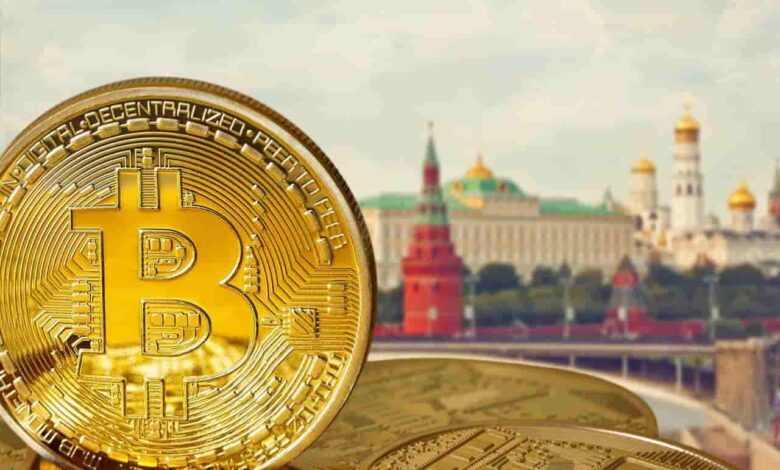
Russia Embraces Cryptocurrency: A New Chapter in Digital Economy
Putin’s Bold Move: Recognizing Digital Assets as Property
In a groundbreaking development, Russian President Vladimir Putin has officially acknowledged the role of digital assets like Bitcoin in foreign trade settlements. By signing a new law, Russia is setting a precedent in the global digital economy, highlighting both promising opportunities and significant challenges for those involved in cryptocurrency mining, trading, and business operations within the nation. The announcement was reported by Russian media outlet TASS on November 29.
Legal Framework for Cryptocurrency: Tax Regulations
One of the pivotal aspects of the new legislation is the establishment of a transparent tax framework for cryptocurrency earnings. Individuals engaging in buying, selling, or trading digital currencies will now adhere to a two-tier tax model. Earnings up to 2.4 million rubles will incur a 13% tax rate, while income surpassing this threshold will be taxed at 15%. This structured approach aims to bring clarity and order to the crypto taxation landscape in Russia.
Impact on Crypto Miners and Corporate Entities
For crypto miners, income is categorized as “income in kind” and will be taxed according to market rates, with provisions allowing the deduction of mining-related expenses. Corporate entities involved in crypto mining will face a standard corporate tax rate of 25% starting in 2025, eliminating any uncertainties regarding their tax obligations.
Challenges for Russia’s Crypto Sector
Despite these advancements, the legislation imposes stringent reporting requirements for mining infrastructure operators. Operators must disclose client information to tax authorities or face penalties amounting to 40,000 rubles ($371). Furthermore, crypto miners and traders are excluded from various preferential tax regimes, including simplified taxation systems, agricultural benefits, and self-employed status. The patent system and automated simplified taxation are also off-limits, ensuring tight governmental control over crypto activities.
Historical Context and Forward-Looking Measures
This comprehensive legislative overhaul is not Russia’s first attempt at regulating the crypto sphere. In August, a law was enacted to regulate large-scale crypto mining, limiting such operations to registered entities. However, the current legislation extends further, establishing a clear and enforceable path for integrating digital assets into Russia’s mainstream economy.
Strategic Timing: Russia’s Crypto Positioning
The introduction of this legislation is timely, as Russia faces increasing global sanctions and economic challenges. By leveraging cryptocurrencies, Russia seeks to bypass conventional financial systems and strengthen its foreign trade. By exempting crypto mining and sales from VAT and implementing a robust tax regime, the Kremlin aims to regulate without stifling innovation—an intricate balance many nations strive to achieve.
The Road Ahead: Opportunities and Hurdles
While the law imposes stricter controls on cryptocurrency activities, it simultaneously paves the way for digital currencies to assume a more prominent role in Russia’s economic strategy. The critical question remains: will these measures enable Russia to harness the full potential of digital assets, or will they create barriers to innovation? The outcome of this legislative shift will be closely watched by the global crypto community.
“`






